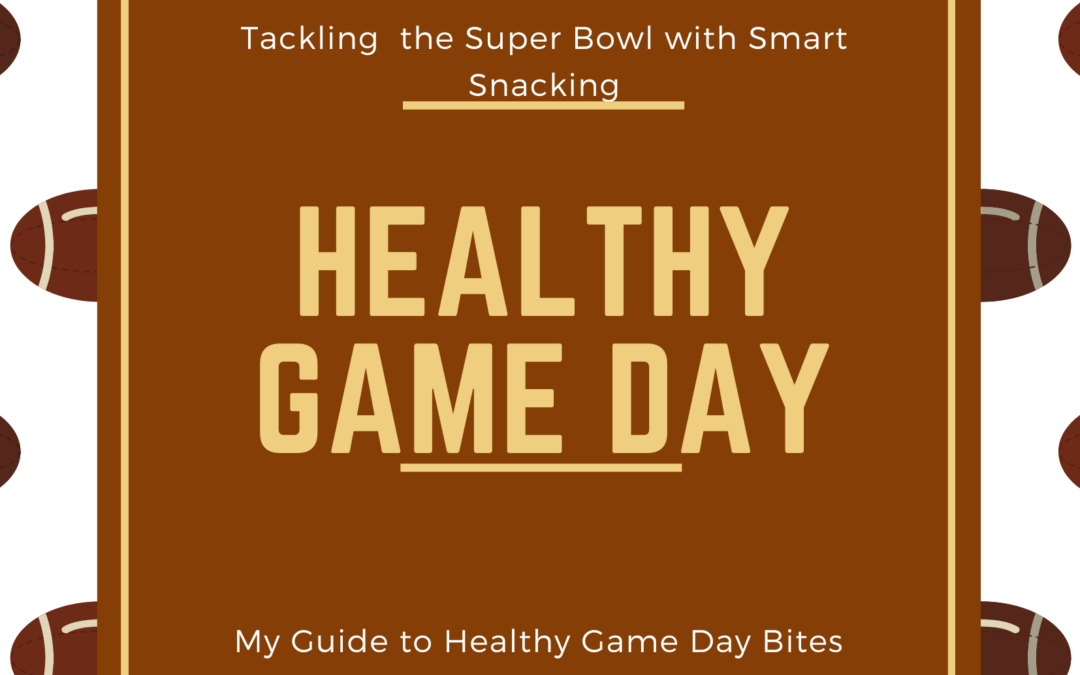As a registered dietitian in private practice, my ideal client usually seeks my services for weight loss, weight management, sports nutrition and disease prevention. I never would have thought that I would be crafting eating plans for women trying to conceive, but lately I have seen an increase in clients turning to me for nutritional guidance to improve their chances of conceiving. Over 150 million couples try to conceive each year and 1 in 6 couples will struggle with fertility. Decreasing fertility rates are attributed to lifestyles of stress and obesity caused by lack of physical exercise, changes in eating habits, and pollution accompanied by health disorders such as diabetes. As a dietitian, I can make a difference by helping my clients create healthy habits.
The fact is that the overall nutrient quality of your diet and diet pattern influences fertility in both men and women. Diets heavy in fruits, vegetables, lean meats, plant-based proteins, whole grains, and low-fat dairy are associated with better fertility than diets high in refined carbohydrates and saturated fats. Once pregnant, the tips I’m sharing here also help to give the baby the healthiest start in life.
Start your day off right. You’ve heard the saying that breakfast is the most important meal of the day, and it’s true, especially for women struggling with infertility. That’s because women who eat most of their calories at breakfast reduce insulin levels by 8 percent and testosterone levels by 50 percent, two culprits that hinder fertility. Equally important, studies show that women who eat a bigger breakfast ovulate more than those who eat a larger dinner. One caveat: In order to avoid weight gain, you must offset your bigger breakfast with a smaller dinner.
Enjoy that big breakfast but limit the caffeine. While the medical community has seen conflicting studies over the years regarding the effects of caffeine on conception, some studies have shown a direct correlation. So the best approach is to limit consumption by swapping coffee out with some other choices, such as herbal tea, golden milk, or lemon water. These choices have antioxidant qualities that also protect your immunity and natural anti-inflammatories that keep you from feeling bloated and uncomfortable.
Speaking of antioxidants, they help with fertility as well! They deactivate free radicals in yours and your partner’s body that damage both sperm and egg cells. Antioxidants are the superheroes of fertility because they also increase the quality of sperm and lead to higher rates of implantation, pregnancy, and live births. Fruits, nuts, vegetables, and grains are rich in antioxidants and have the added benefits of contributing to an overall healthy diet.
Avoid trans fat and reduce carb intake. This is good advice for anyone, but did you know that trans fats also contribute to ovulatory infertility? Avoid or limit hydrogenated vegetable oils which can be found in margarine, fried foods, processed products, and baked goods. Likewise, studies have shown that women who reduce carbohydrates to less than 45 percent of their diet maintain a healthier weight, reduce their insulin levels, lose fat, and maintain a more regular menstrual cycle, all of which make it easier to conceive.
If you are having fertility issues, start with these four tips for improved health. In my next blog, I’ll provide more information and resources to help you change your diet for better fertility.
Stay healthy, everyone! And please feel free to share this post or to add your own tips in the comments! If you are having a tough time managing your weight or you need help with your own personal meal plan catered to your goals and lifestyle, reach out to me at: patty@pattyrd.com.





